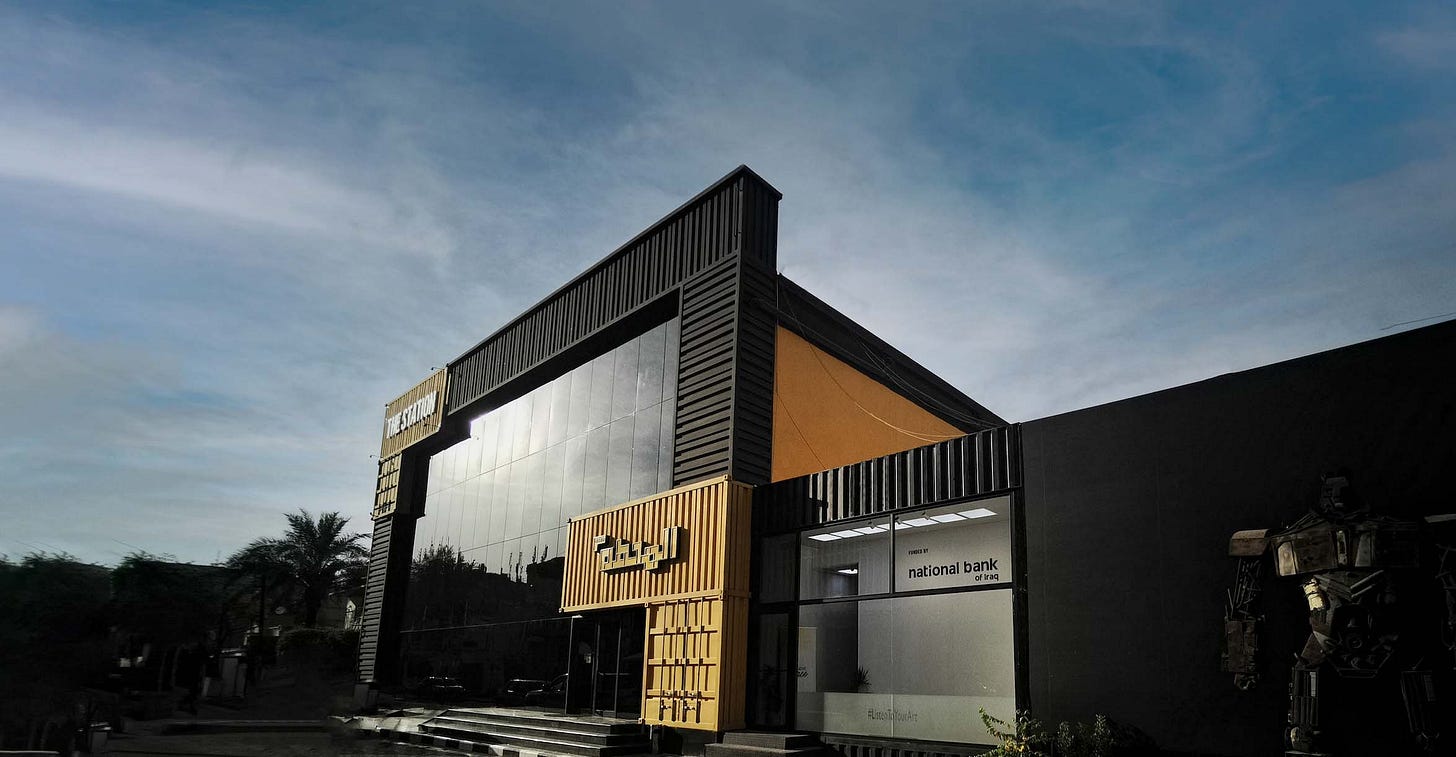The timid but ambitious Iraqi startup scene
Battered by decades of conflict and pervasive reliance on oil, Iraqi founders are trying to break the status quo.

Very cautious optimism
Iraq hasn’t had a whole lot to celebrate over the past couple of decades. Scars from incessant internal, external, and foreign-caused conflict have left a strong mark on the 43 million people strong country. Just last year, the country was suffering from what seemed to be an interminable political impasse which, without diving into the details, stemmed from the country’s complex politico-ethnic makeup of Sunni Muslims, Shia Muslims, and Kurds. The long-awaited election of a new government seems to have ushered in a period of relative stability for 2023, but the underlying systemic issues remain unresolved.
Amidst the sometimes overwhelming tumult, the country has seen the quiet but steady rise of a startup ecosystem. Startups such as Baly (super-app), Miswag (e-commerce), and Alsaree3 (food-delivery) have all raised 7-figure rounds. Full-fledged incubators such as The Station and FiveOne Labs have sprouted throughout the country. Local VC funds such as Iraq Tech Ventures and Euphrates Ventures have started signing their first checks.
“Iraqi start-ups raised a total of $16 million from six deals in 2022 compared to $7 million from seven deals in 2021, according to Magnitt, a Dubai-based data platform on MENA start-ups.”- Source
Despite evident internal challenges that we’ll cover later, the country has decent demographic indicators which favor the rise of a startup ecosystem. Internet penetration stands at around 49% but is growing steadily, while the rise of smartphone ownership is making the internet more accessible to wider swaths of the population. Buoyed by oil wealth which perilously trickles down to the general population, the average Iraqi consumer has more buying power than its neighbor in Jordan.
The Iraqi market has proven attractive to foreign startups, turning the pressure up a notch for local ones. Important players such as Talabat (Kuwait) and Zoodpay (Switzerland) have started their quest to take a large slice of the Iraqi market, at a time when it is still almost void of any competitors. Observers say that competition between well-funded foreign startups and less-funded local ones should be interesting. The Iraqi market’s fragmentation, the Kurdish autonomous region in the north being the most potent representation of it, means local players have an intrinsically better understanding of the country.


